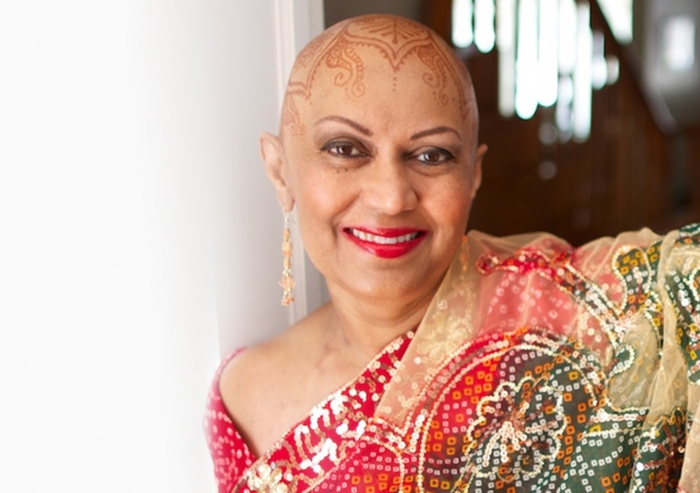 Don't believe everything you read on the Internet. Dietitian Shirzad Chunara checks out the research. Fayaz Chunara
Don't believe everything you read on the Internet. Dietitian Shirzad Chunara checks out the research. Fayaz ChunaraNutrition information is available everywhere – on the Internet, radio, television, and through all kinds of print media like newspapers, magazines and books. Fitness instructors, doctors, neighbours, friends, aunties, and even grocery clerks will offer all kinds of information on nutrition.
How many times do we receive emails claiming that a specific combination of foods will cure cancer, or that eating large amounts of certain foods will eliminate our cholesterol? Is “super juice” really going to be the answer to all our health problems? Is eliminating all red-coloured foods in our diets the answer to losing weight?
It is important not to believe and act upon everything we read or hear about nutrition, nor to try the latest fad diets – doing so may in fact be harmful. In this media-saturated culture, how do we decode the messages to separate credible, good nutrition information from the rest? Here are some questions to think about when you receive nutrition information:
- Who is providing the information?
- Is it a company trying to sell a product to make a profit?
- Is this person a knowledgeable medical or health professional or is the information only based on someone's personal experience?
Lots of good, scientifically proven nutrition information is available through the Internet, but it's important to make an extra effort to find out if the information we are reading is credible and supported by government regulated health experts before acting upon it. (See the box at the end for links to credible government information.)
The articles on The Ismaili Nutrition Centre are based on good scientific evidence, and each is reviewed by a registered dietitian from the United Kingdom, the United States or Canada before it is published. In fact, the website was peer-reviewed by five leading dietitians before it launched.
Are we to believe what's on a label?
 Seek out credible sources for your nutrition information, like the UK National Health Service. Copyright: NHS Choices
Seek out credible sources for your nutrition information, like the UK National Health Service. Copyright: NHS ChoicesA health claim is any representation in labelling or advertising that states, suggests, or implies that a relationship exists between consumption of a food or an ingredient in a food and a person's health. It's hard not to miss the hundreds of health claims on our food labels and healthy marketing messages, but how do we know if they are true or not?
There are nutritional labelling regulations and guidelines for products in most countries. If you have concerns about the truthfulness about the health claims being made, check your government websites and keep asking questions. (See the box at the end for links about labelling regulations.)
Who to get your advice from
No two people are created the same or live the exact same lifestyle, so it is important to be careful in believing that if a special diet works for her, it will work for me too. Always talk to your health professional before making any major changes to your diet or trying new nutrition related products, including herbs or supplements, as they may interfere with your current medications or may be detrimental to your health rather than improve it.
When our backs hurt, we go to a doctor to help find out what's wrong. The doctor may send us to a physiotherapist or back specialist. Similarly, it is important to get your nutrition advice from qualified nutrition experts, such as registered dietitians (RD). If you want to make any significant changes to your diet, ask your doctor for a referral to a dietitian.
Remember there is no magic bullet – no one special food or ingredient can cure a disease, prevent illness or improve your health. If a claim sounds too good to be true, it is probably false. However, science has shown that a healthy diet that contains many fruits and vegetables, high fibre whole grain products and lean protein foods (such as chicken, fish and pulses-beans, lentils, dhals), together with a healthy, active lifestyle, may help prevent chronic disease and improve your overall health and wellness.
There are many misperceptions about food and it's important not to believe everything you read or hear. Know that most foods can be a part of a healthy diet, especially when you vary what you eat and watch your portion size. In fact, the more science-based information you have about your food and how it's grown and produced, the more you can apply this knowledge to achieve a healthy lifestyle.
Further Information
Some sources to check for credible health and nutrition information include:
- US National Library of Medicine
- Health Canada Food & Nutrition
- USA Government Nutrition topics A-Z
- USDA Food and Nutrition information Centre
- UK NHS Choices
Learn about nutritional labelling regulations:







